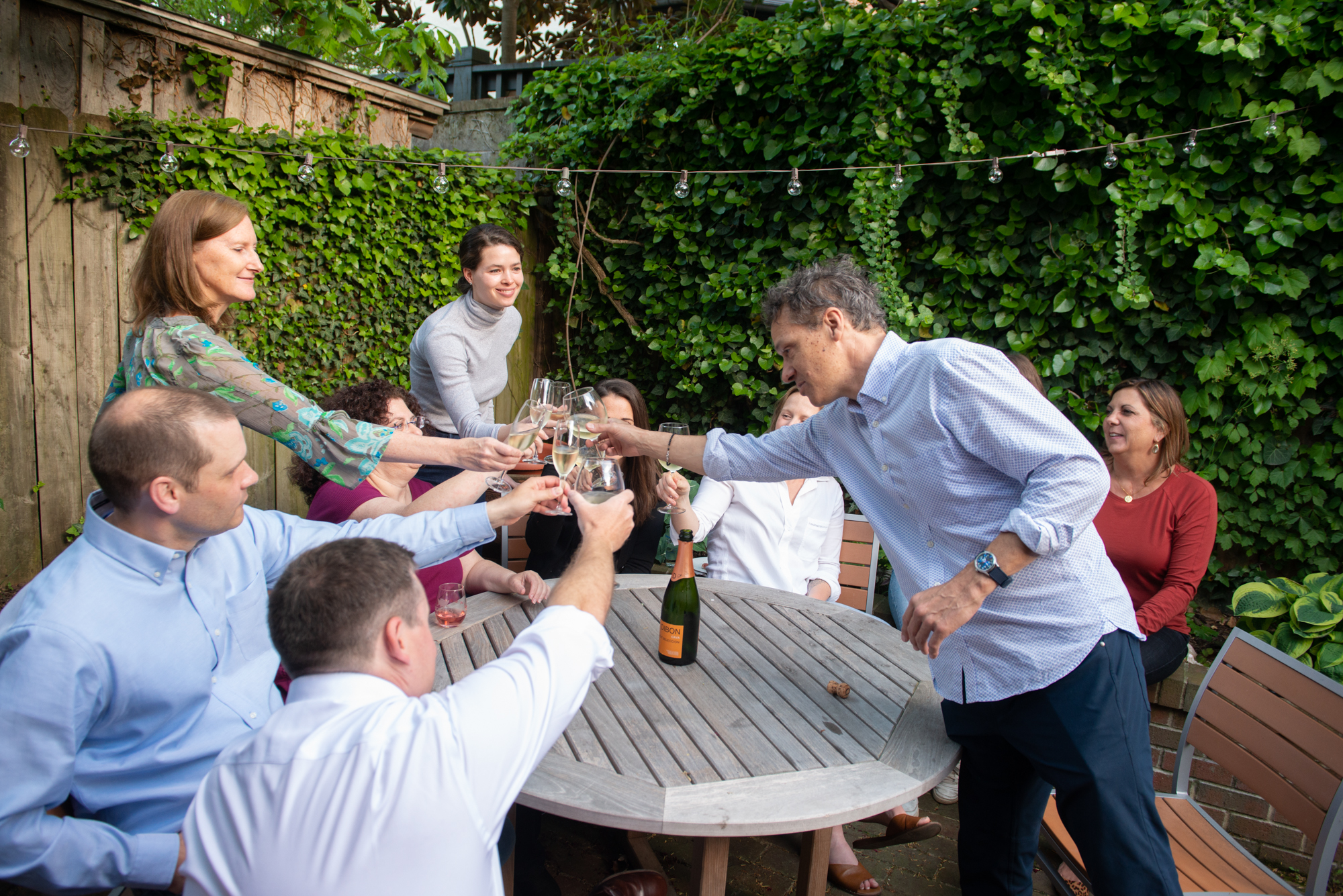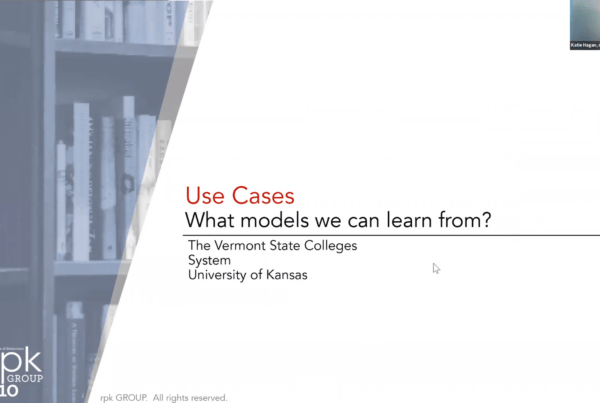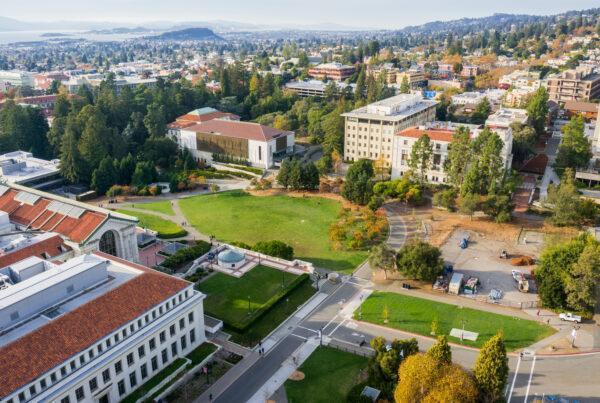There is a hunger in this moment for being together. For gathering. In doing so, we reconnect our community and reset our purpose.
rpk’s team recently reset in our home base of Annapolis, Maryland. It was the first time we had been together in person in two years. The first time many members of the team had been together at all (number one observation: how short/tall people were!)
As with all gatherings, we began with the ‘why’ of our coming together. First, to form and strengthen our own connections. Second, to chart our path forward for rpk. That path will take us deeper into the transformation of our partners in higher education.
I was particularly encouraged during those two days together in Annapolis by the team’s exploration of and commitment to applying a diversity, equity and inclusion lens in rpk’s work. We are, in our professional lives, finance people, analysts, number crunchers. In our hearts, however, we believe that rpk’s work creates sustainable investment in the things that matter to student success. And we emerged from our retreat with a commitment to demonstrating how an investment in student success is good for all students, and for the institutions and systems that serve them.
Higher education as a whole is now facing its own question as to why it gathers students, faculty, and staff together. What job will higher education give to itself in this moment, and will that job reflect what institutions want to do, or will it reflect the needs of students and employers?
In Priya Parker’s The Art of Gathering, Parker speaks passionately about the need to consider the why of any gathering. “Many of the ritualized gatherings in our more intimate spheres — weddings, bar mitzvahs, graduation ceremonies — have been repeated over time such that we become emotionally attached to the form long after it accurately reflects the values or belief systems of the people participating in it.”
Higher education would appear to represent one of those ‘attachments to the form’ that no longer serve the needs of those intended to benefit from receiving that education.
How might you rethink the “why” of your institution or the part of your institution that you serve?
In so doing, how might this change the impact you have on students and the achievement of their goals? It’s a big question to consider…it is also, perhaps, the most important as we prepare this summer for the year ahead.



